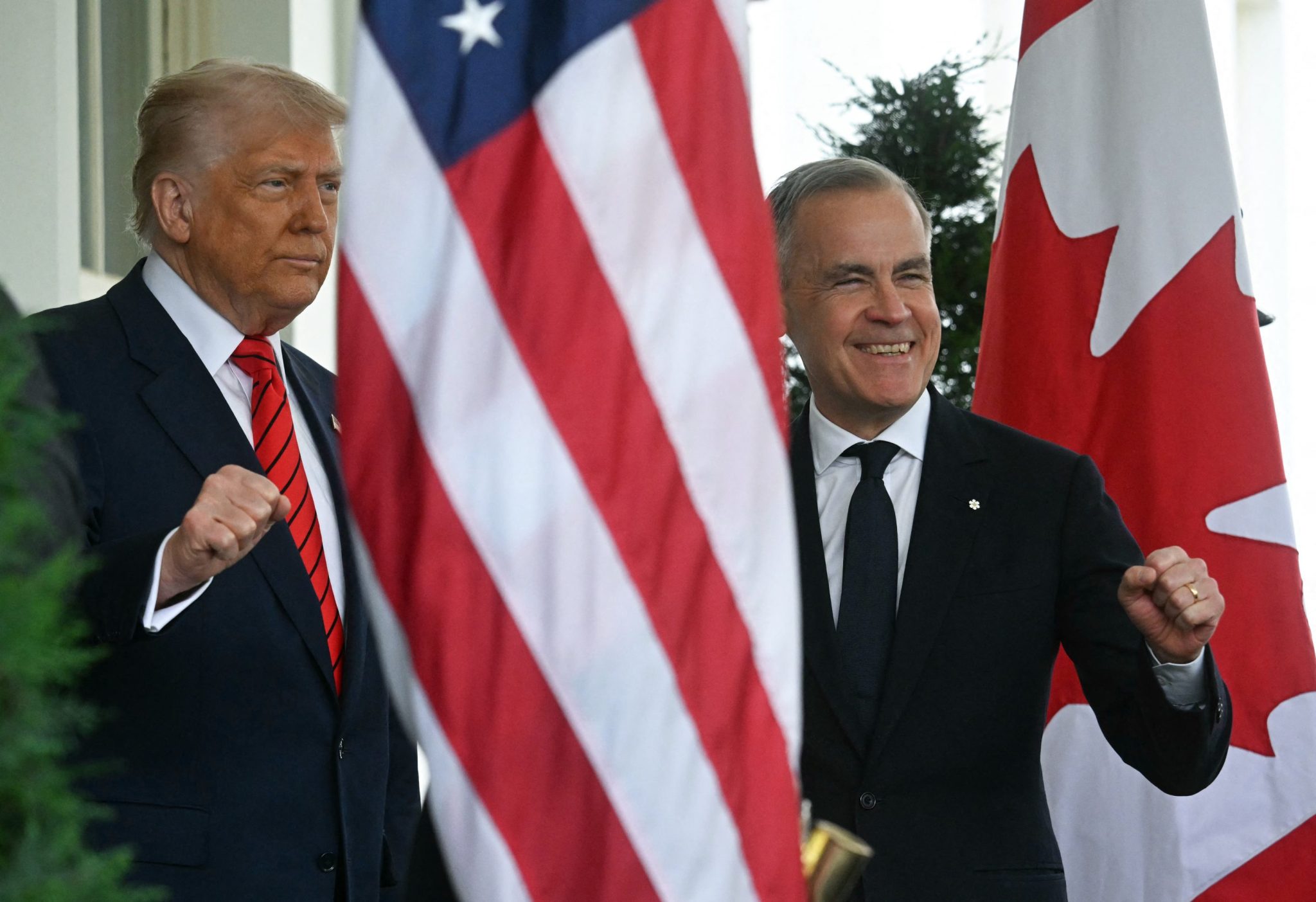Useful information
Prime News delivers timely, accurate news and insights on global events, politics, business, and technology
Useful information
Prime News delivers timely, accurate news and insights on global events, politics, business, and technology


President Trump ended trade talks with Canada over an anti-tariff ad featuring Ronald Reagan. If Canada’s Prime Minister Mark Carney has any frustrations he wants to share about his southern neighbor, perhaps he can do so with China’s President Xi as soon as next week.
A few hours ago, Trump wrote on Truth Social, the social media site he owns, that “all trade negotiations with Canada are hereby terminated.” Their fury was sparked by a Canadian television commercial in which President Reagan (a legend among conservatives) said that tariffs and trade barriers “hurt all American workers and consumers.”
While President Trump He stated that the advertisement is “false”The Ronald Reagan Presidential Foundation said the ad “misrepresents” President Reagan’s 1987 radio speech on free trade.
However, before the collapse of talks between Ottawa and Washington, Canadian officials said in a background report that Carney is seeking a “strategic relationship” with China, the United States’ key adversary on the global economic stage and its strongest opponent in the tariff war.
Officials said Carney hopes to meet the Chinese premier at the Asia-Pacific Economic Cooperation summit in Gyeongju, South Korea, although nothing has been confirmed. The Canadian leader and former governor of the Bank of England is willing to talk to leaders across the geopolitical spectrum, aides added, but will be clear on the areas where Canada and China cannot cooperate.
While Canada is, of course, free to enter into a relationship with the world’s second-largest economy, it provides Beijing with another eager partner as it navigates a new relationship with the United States.
So far, Beijing’s response to President Trump’s tariff plans has been to sit at the negotiating table but also diversify its trading partners.
According to data released by the General Administration of Customs earlier this month, shipments from China to the United States fell 27% in September, the sixth month of double-digit declines for its once most valuable customer. Meanwhile, it saw strong growth in areas such as the European Union (currently operating under a 15% tariff rate imposed by the White House), leading to export growth to non-U.S. countries of 14.8%.
The move away from the United States means exports actually rose 8.3% in September compared to a year ago, raking in $328.6 billion, their highest total for 2025 yet.
This development comes a few days before a scheduled meeting between President Trump and President Xi, with the two also set to meet at the South Korea summit. It comes after conflicting rhetoric from the White House, with Trump threatening to impose 100% tariffs on China in November.
The Beijing Ministry of Commerce maintained its firm response to the threat and saying: “Frequently threatening high tariffs is not the right approach to dialogue with China. China’s position on a tariff war is consistent: we don’t want one, but we are not afraid of it.”
Trump quickly changed course, saying he did not want to “hurt” the Chinese economy and adding that he had a good relationship with President Xi. It’s also worth noting that, in addition to de-leveraging the United States by experimenting with its export markets, China maintains a stranglehold on rare earth minerals that the United States does not have.
Economists are largely unconcerned about the change in tone between the United States and Canada. As UBS’s Paul Donovan told clients this morning: “This has happened before, but past threats were about specific Canadian government policies. This time the trigger appears to be political announcements… that might suggest a resolution is more difficult to reach. There is no political measure that can be reversed to achieve a reset.”
“However, financial markets are likely to react with restraint for now. Trade negotiations do not cover all, or even most, trade between Canada and the United States.”
And he added: “Despite the greater difficulties involved in designing a US withdrawal this time, past experience suggests that these types of issues are resolved in a short time.”
Markets are more concerned about the ramifications of Xi and Trump’s meeting. “Greater uncertainty or antagonism in the trade relationship between China and the United States could have more serious economic consequences,” Donovan added.
Deutsche Bank’s Jim Reid told clients this morning that confirmation of the meeting had “raised hopes of a detente between the world’s two largest economies. This would be the first in-person meeting between the two leaders since Trump returned to power in January and comes as the current 90-day tariff truce between the United States and China expires on November 10.”